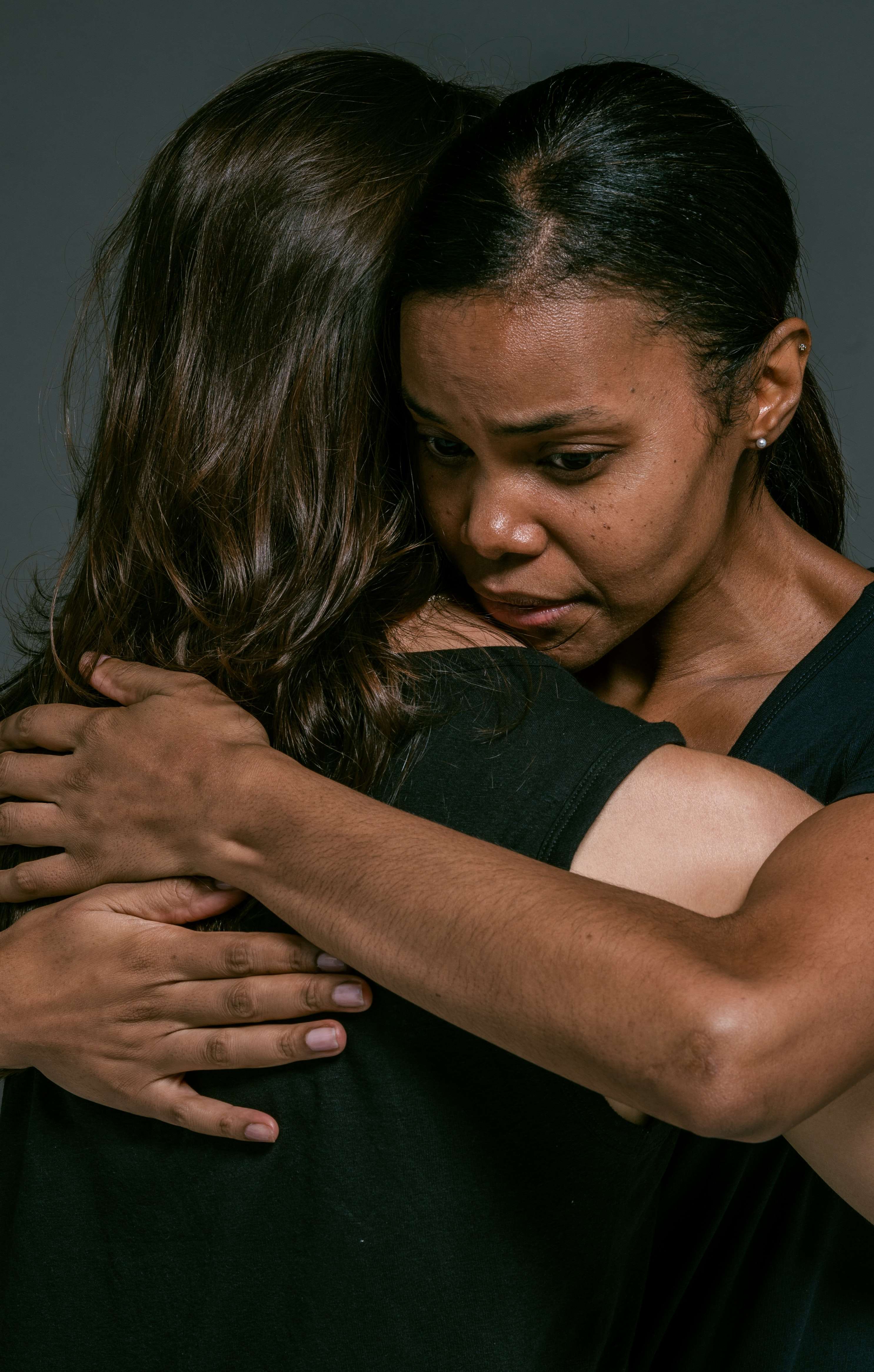We all have friends who love the limelight, but when does that desire for attention become something more sinister? Recognizing the telltale traits of a narcissistic friend is more than just labeling them as self-absorbed. It’s about understanding the line between confidence and toxicity. Trust me, I’ve had my fair share of encounters with friends who could easily be on the cover of “Narcissist Monthly” if such a magazine existed. So, let’s break down the signs, shall we?
Understanding the World of Narcissism
Narcissism isn’t just about taking one too many selfies or talking about yourself non-stop. It’s a spectrum, and while we all have narcissistic tendencies to some degree, there’s a vast difference between self-confidence and a narcissistic personality disorder. Remember that friend who could make every conversation about them? Let me tell you about one of mine.
Personal Anecdote: The Birthday Party Stealer
During my 25th birthday, a close “friend” of mine, let’s call Her Jen, decided to announce her new job promotion. Perfect timing, right? Not only did she hijack my birthday toast, but she also made the entire evening about her achievements. Jen is the perfect example of our first sign.

Sign 1: The Spotlight Always Needs to Shine on Them
There’s an innate human desire to be acknowledged and appreciated. We celebrate achievements, small wins, and even casual everyday moments. Yet, with narcissistic friends, this innate desire takes on an exaggerated form. They crave attention, not occasionally, but constantly. It’s like an insatiable hunger that’s never satisfied. You might have noticed how they strategically steer conversations to make themselves the topic, or worse, overshadow others during their moments of joy. Remember Jen from my birthday party? Her audacious move wasn’t an isolated event; it was a pattern of how a narcissistic friend acts. It’s not just about stealing moments; it’s about their need to always be the shining star, no matter whose day it actually is.
Sign 2: Your Feelings? What Feelings?
The beauty of friendship lies in shared moments – the joy, the sorrow, the highs, and the lows. True friends provide solace during tough times and cheer for you in moments of happiness. But narcissistic friends? They seem to be living in a world where only their feelings hold importance. When I confided in my friend, I sought understanding and consolation. But her immediate pivot to her own heartbreak showcased a glaring lack of empathy. It felt as though my feelings were a mere footnote in the grand drama of her life. If you’ve ever had your sentiments dismissed or overshadowed, you’ve probably felt the cold touch of narcissistic indifference.
Sign 3: Your Friend is Always Taking, Rarely Giving
The beauty of genuine friendships is rooted in mutual give and take—a rhythm of understanding where both parties support each other. However, with narcissistic friends, this balance is thrown off-kilter. They have an uncanny ability to take incessantly—be it your time, resources, or emotional energy. It’s like being in a relationship with a black hole, constantly consuming everything around it. You may find yourself constantly adjusting your plans to suit their whims, lending an ear for hours about their issues, or even sharing your possessions too often.
Over time, this imbalance drains you, leaving you wondering if you’re in a friendship or just a resource they tap into. The scale always tilts in their favor, and your role? Mostly, it’s about serving their needs.
Sign 4: The Green Monster
It’s human nature to sometimes feel a pang of jealousy when someone close achieves something great. But there’s a thin line between harmless envy and a toxic resentment. When a friend constantly begrudges your success, it becomes an alarming sign of their narcissistic tendencies. This isn’t just about a fleeting moment of jealousy; it’s about a consistent pattern of undermining your accomplishments, making every milestone seem trivial.

Sign 5: I’m the Best, Forget the Rest
While there’s nothing wrong with confidence, it becomes problematic when it morphs into an inflated sense of self-worth. A narcissistic friend doesn’t merely revel in their achievements; they see themselves as the gold standard in every facet of life. Whether it’s their sense of style, their career choices, or even the books they read, they position themselves on a pedestal, often looking down upon others. This isn’t just about harmless pride; it’s an underlying belief that they’re unparalleled, unmatched, and unequivocally superior. Every conversation tends to circle back to their greatness, turning friendship dialogues into monologues about their supposed supremacy.
Sign 6: Daydream Believers
Aim for the stars, they say. And it’s indeed commendable to have lofty dreams and high aspirations. But with narcissistic friends, these dreams sometimes tread into the realm of fantasy. It’s not just about having ambitious goals; it’s about them being wildly unrealistic. They paint themselves as the next sensation in domains they’ve never ventured into. For instance, while we all harbor secret dreams, banking on becoming Hollywood’s next sensation without any prior acting experience reeks of delusion. This kind of self-assuredness isn’t merely optimistic; it’s divorced from reality. And as friends, it often places us in an uncomfortable position—caught between supporting their dreams and pointing out their impracticality.
Sign 7: Only Special People Get It
It’s one thing to have a unique perspective on life, but it’s another to believe that only a select few can truly understand your exceptional vision—and guess what? To a narcissistic friend, that select few is often just them. Conversations with such individuals feel exclusive, not because they offer some profound wisdom, but because they constantly emphasize how the average person (implicitly suggesting that includes you) cannot possibly grasp their unparalleled insights. It becomes less of a friendship and more of a one-sided seminar where they’re the elite speaker, and you’re just there to nod and applaud their brilliance.
Sign 8: Feed Me Compliments
We all know that one friend. The one who’s never satiated by praise and is perpetually on the hunt for the next compliment. To a narcissistic friend, positive affirmations aren’t just appreciated—they’re essential. Every story they share, every photo they post, and every achievement they mention, while seemingly innocent, is often a baited hook waiting for the flattering responses to reel in. This ceaseless need for validation becomes their lifeblood, and as their friend, you might often find yourself trapped in this endless loop of boosting their already inflated ego, even if it’s at the expense of genuine conversation.
Sign 9: Bow Down to the King/Queen
Everyone likes to feel special on occasion, but narcissistic friends take this to an entirely different level. To them, every room they enter should roll out the red carpet, and every person they meet should recognize their unmatched grandeur. The notion of waiting in line, being treated like everyone else, or not being the focal point of an event is foreign and even offensive to them. It’s as if they’re perpetually living in a regal fantasy, and any deviation from this imagined reality is met with disdain or shock at why the world doesn’t bow to their imagined majesty.

Sign 10: Arrogance Overload
True confidence is quiet, but what narcissistic friends often exhibit is a loud, overpowering, and relentless arrogance. It’s a mask, meticulously crafted to shield the world (and perhaps themselves) from their profound insecurities. While they strut around with heads held high and voices booming with self-praise, there’s often a fragile self-worth lurking beneath. As friends, it’s challenging to deal with this exterior bravado, especially when you can sense the vulnerabilities underneath. But any attempt to scratch the surface or provide genuine advice is met with an even thicker wall of arrogance, making it a tiresome endeavor to penetrate that facade
Conclusion
Friendship is a two-way street. If you find yourself continually giving and never receiving or always playing second fiddle, it might be time to reevaluate that relationship. Not all narcissistic traits mean your friend is a full-blown narcissist, but recognizing these signs is the first step to ensuring your friendships are healthy and mutual. If you believe a friend’s narcissistic behavior is affecting your well-being, consider seeking guidance from therapists or counselors. They can provide strategies to navigate complex relationships and ensure you prioritize your emotional health. Remember, you deserve friends who celebrate you, not tolerate you. It’s okay to seek professional advice to maintain balanced and positive friendships.

